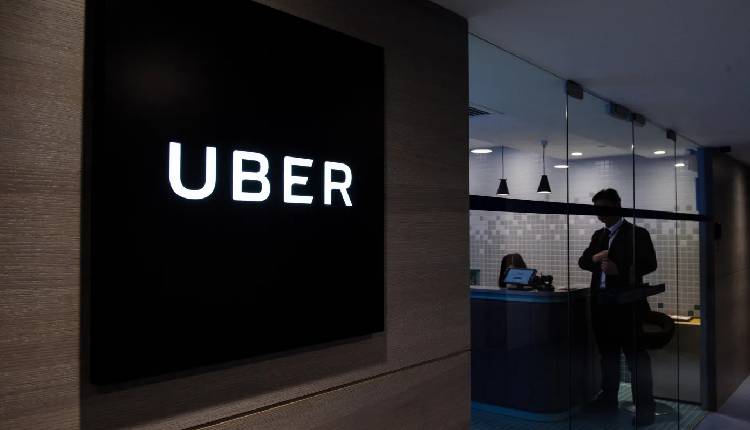Uber announced on Wednesday its first full year of profits, reporting earnings that exceeded analysts’ expectations, and there are growing expectations that the company will launch a share buyback programme as early as next week.
The company’s CFO, Prashanth Mahendra-Rajah, promised to share more details about returning capital to shareholders next week, crediting disciplined investment for strengthening the company’s results in the fourth quarter.
This month, Citi analysts predicted that Uber would introduce a share buyback programme and did not dismiss the possibility of the company’s first-ever dividend announcement.
Just three months ago, Uber stated it didn’t plan to pay dividends in the near future; however, following recent trends from tech companies like Meta, Apple, and Microsoft, which announced dividends and buybacks to please investors, Uber hinted at a similar move on Wednesday.
This comes despite Uber’s history of significant operating losses, totalling over $30 billion since 2014, due to its aggressive expansion in the ride-sharing market.
Uber reported a swing from a loss in 2022 to an operating profit of $1.1 billion for the year ending December 31.
The net income also turned around from a $9.1 billion loss to a $1.9 billion gain, while the company’s fourth-quarter operating income of $652 million exceeded analysts’ predictions of $517 million.
For the first quarter of 2024, Uber’s gross bookings are expected to rise to between $37 billion and $38.5 billion, in line with analysts’ estimates.
CEO Dara Khosrowshahi noted that Uber’s user base is larger and more engaged than ever, with a record 150 million monthly active users.
Uber’s quarterly gross bookings increased by 22 per cent to $37.6 billion, slightly surpassing analyst expectations and showing faster growth than the previous quarter’s 21per cent.
Last year, Uber focused on cost control as investors pushed tech companies to enhance margins and show profitability.
In the fourth quarter, Uber trips increased by 24 per cent to 2.6 billion, and the adjusted profit margins for both the ride-hailing and delivery businesses improved.
The grocery and retail delivery sector, which Uber is actively expanding, contributed to a fifth of the annual growth in the delivery segment.
Uber’s post-tax earnings jumped to $1.4 billion, significantly exceeding the forecast of $380.4 billion, and earnings per share were 66 cents, compared to an expected 17 cents.
However, $1 billion of the earnings increase came from a rise in the value of Uber’s equity investments, primarily due to the increased value of its stakes in self-driving car company Aurora and Chinese ride-hailing group DiDi.
Uber’s adjusted earnings increased by $618 million year over year to $1.3 billion, surpassing the $1.2 billion expectation.
